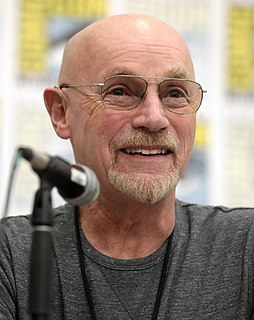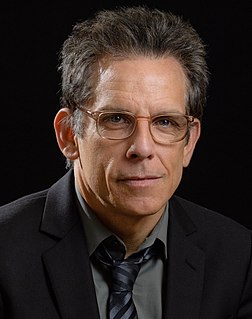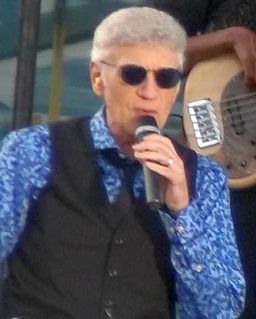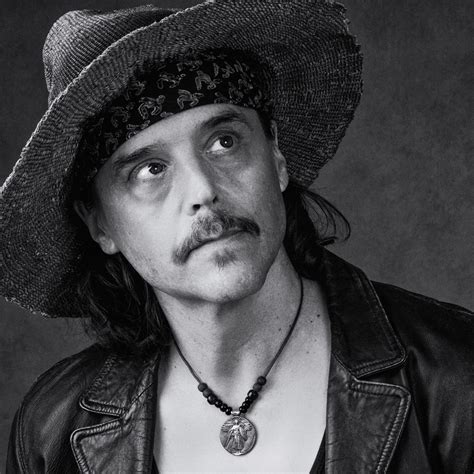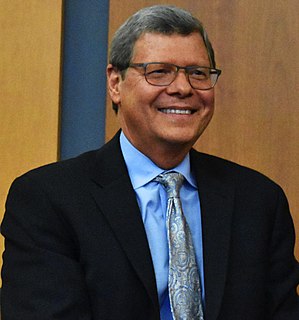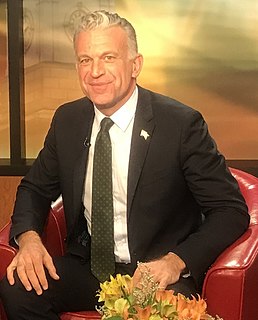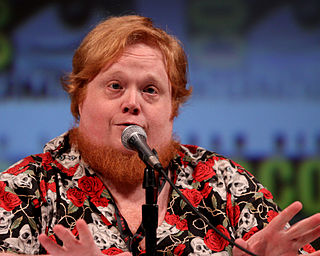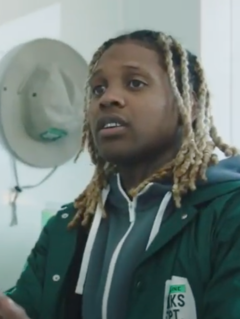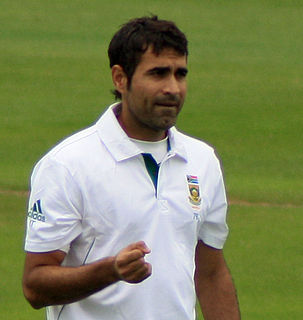A Quote by Jim Starlin
Vietnam affected everything in life while it went on. My time in the service made it clear to me that what we were being told in our newspapers and newscasts, back in the States, wasn't half the story of what was really going on.
Related Quotes
Well, this movie I've been working on for a while. I had the idea for the movie like twenty years ago when I was doing 'Empire of the Sun' in 1987 because at that time that's when all these Vietnam movies were being made and my friends and I were going on auditions for these Vietnam movies and my friends were getting them and going away to fake boot camps.
My brother-in-law, Chuck, whom I have known since we were teenagers, is a disabled veteran who was wounded while fighting with the marines in Vietnam. I've been around to observe how the war affected his life and the problems that veterans have, and I knew for a long time that I wanted to write a song about Vietnam.
At the age of twelve I had an attitude toward life that was to endure, that was to make me seek those areas of living that would keep it alive, that was to make me skeptical of everything while seeking everything, tolerant of all and yet critical. The spirit I had caught gave me insight into the suffering of others, made me gravitate toward those whose feelings were like my own, made me sit for hours while others told me of their lives, made me strangely tender and cruel, violent and peaceful.
I'd thought I'd constructed a really wonderful book, and the teacher told me that my story basically began on page fifty, and that I should throw out everything prior, or figure out a way to weave only the most important information back into the story, and keep the action moving forward. Wow. That was a really humbling experience. A real eye-opener. Made me realize there are so many aspects involved with telling a story.
Me and my sisters were taught that if our eyes worked and our legs worked, we were beautiful. We had so many kids in our family that if we all got in front of the mirror and were ashamed of browns and golds and yellows and whites, and we believed what society told us - that the darker people were less attractive and the lighter ones were prettier - we would have had sibling murders. My family, being half-rural and half-military, just came from a different place.
My life after childhood has two main stories: the story of the hustler and the story of the rapper, and the two overlap as much as they diverge. I was on the streets for more than half of my life from the time I was thirteen years old. People sometimes say that now I'm so far away from that life - now that I've got businesses and Grammys and magazine covers - that I have no right to rap about it. But how distant is the story of your own life ever going to be? The feelings I had during that part of my life were burned into me like a brand. It was life during wartime.
Making Superman was so hard. We were a year over schedule. We were there a year and a half, the first time. And in a year and a half, you go through everything you go through in a life. So you can't really go, "Oh, it must have been fun to work with Chris Reeve." In a year and a half, you bonded like a family, so you know someone far too well to think something as simplistic as "Oh, it's just fun." You know their secrets. I mean, it was everything. It was truly - it's a cliché to say we were family, but we really were.
Like many Americans, I am still haunted by images from the last days of the United States' withdrawal from Vietnam in 1975. Newscasts showed South Vietnamese desperately trying to scale the walls of our embassy in Saigon to board the last helicopter flights out of the country. The fear in their eyes was chilling.
What really broke it down was I had my son while I was locked up, so that really affected me. I can't really have this, knowing my father was locked up when I was small. So that really out of everything - through the fame, the money, everything - that really put the toll on me: 'Oh yeah, I gotta change.'
The Chicago City News Bureau was a tripwire for all the newspapers in town when I was there, and there were five papers, I think. We were out all the time around the clock and every time we came across a really juicy murder or scandal or whatever, they'd send the big time reporters and photographers, otherwise they'd run our stories. So that's what I was doing, and I was going to university at the same time.
